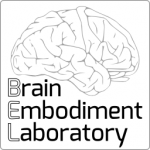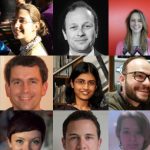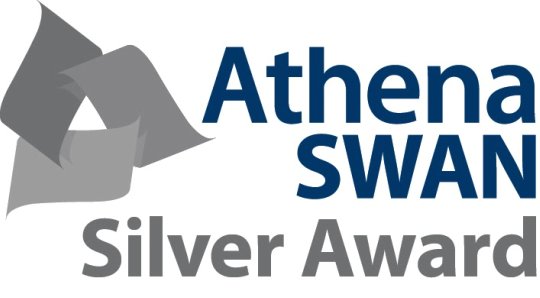The Brain Embodiment Lab was established in 2011 within the School of Systems Engineering at the University of Reading, to investigate the role of the body in brain development and function. As of 2016, the Brain Embodiment Lab has joined the Department of Biomedical Engineering, within the School of Biological Sciences. The BEL research group works with a strategic focus on systems neuroscience, to create a critical mass of research related to the brain sciences
Our facilities allow us to perform open- and closed-loop experiments on different biological scales. We have two EEG labs, a tissue culture lab including a multi-electrode array recording suite, robotics and hardware labs for developing human-machine interfaces, and high-throughput computing clusters for online and offline data analysis. Using these resources, we explore questions about the brain and body using electroencephalography (EEG), multi-electrode array (MEA) recordings in vitro, 3D cell culture, haptic devices and brain-computer interfaces. In addition, BEL is affiliated with the university-wide neuroscience initiative represented by the Centre for Integrative Neuroscience and Neurodynamics, with whom we carry out joint EEG-fMRI experiments.
The research performed in BEL encompasses a variety of multidisciplinary projects and uses a combination of experimentation, modelling, and analysis to address questions about the relationship between the body, mind, and environment. Our aim is to adopt a range of approaches to understanding cellular development, brain-computer interaction, sensory integration, including research on brain-computer interfaces and bio-machine hybrids. We aim to improve our methods of acquiring bio-potential signals through hardware development and enhancing our capability to understand these signals, through the development of better neuro-signal analysis and machine learning methods.
In addition to the empirical neuroscience and engineering research underway in BEL, we also regularly engage with philosophers, psychologists, mathematicians, and physicists to explore bigger questions about the philosophy of mind, consciousness, body-ownership, anticipation, and cognition.








